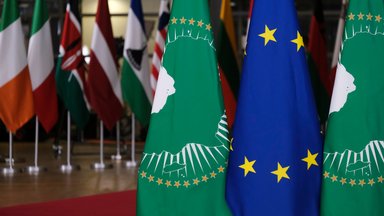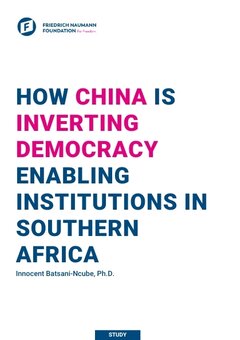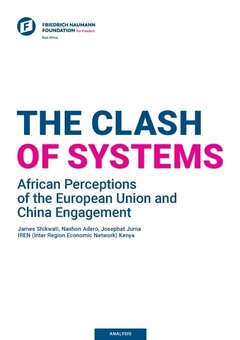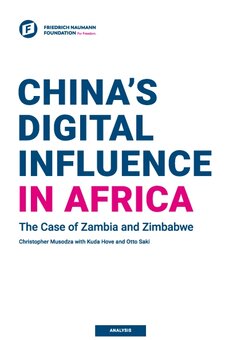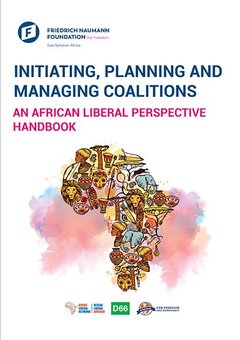Harare
The Friedrich Naumann Foundation for Freedom has been working in Zimbabwe since 1980. It has witnessed firsthand the dramatic changes that took place in Zimbabwe from the very beginning and supported the work of civil society organisations in times of crisis.
The work of the Foundation focuses on re-establishing the rule of law, liberal democracy and a free market economy, which have been virtually destroyed by the repressive regime currently in power.
The Friedrich Naumann Foundation for Freedom in Harare advocates the protection of the remaining democratic and constitutional liberties with the aim of expanding these once political change has taken place.
News
-
Young Zimbabwean activist to receive the 2025 German Africa Award
FNF celebrates the announcement of Namatai Kwekweza’s selection as the 2025 recipient for the German Africa Award, a prestigious honour recognising individuals who make significant contributions to democracy, economic development, peace and human rights.
-
Freedom, fear, fight for truth as media voices unite
At the Southern Africa Media Summit in Harare, journalists, lawyers, and civil society called for accountability, constitutional alignment, and protection of press freedom across the region.
-
UN expert condemns arrest of Zim journalists
The UN has condemned the arrest of Zimbabwe Independent editor Faith Zaba, calling it an attack on press freedom after her satirical column allegedly “undermined” the President’s authority.
-
A roar for freedom
At 10 on Brooke Boutique Hotel, Zimbabwean women gathered for three days with FNF to reclaim their voice and power in an industry long dominated by men, in a historic mentorship program.
-
Womentorship reshapes Zimbabwean media
FNF’s Womentorship Journalism Programme in Zimbabwe empowers young women, trains 450+ in media skills, tackles harassment and bias, and builds leadership, resilience, and sisterhood.
-
"Dear countrymen, fellow journalists, UZ law students, friends across the world"
After 72 days in detention, journalist Blessed Mhlanga shares the toll of being jailed for his work, highlighting a justice system that silences truth-tellers and calling for press freedom.
-
Africa and Europe at crossroads
Africa and Europe face trade challenges as US tariffs hit Zimbabwe. SADC’s response shows weak unity, risking industries, while the EU has a chance to offer a fair alternative amid global shifts.
Social Media
Focus
Most popular
-
Javier Milei two years in office – Impressive successes and momentum heading into the new year
Argentina -
Bulgaria’s Government Has Resigned
Bulgaria -
Uruguay: 40 Years of Democracy and a New Impulse for Liberal Cooperation
Democracy -
Thai prime minister dissolves parliament to ‘return power to the people’
Thailand






